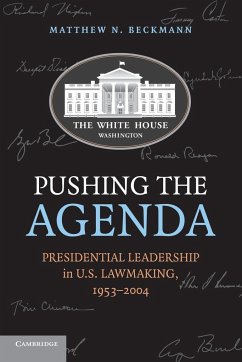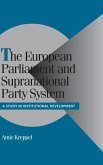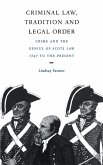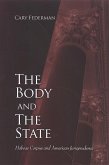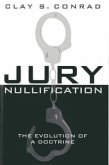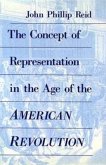Today's presidents enter office having campaigned on an ambitious policy agenda, eager to see it enacted, and willing to push so that it is. The central question of presidents' legislative leadership, therefore, is not a question of resolve, it is a question of strategy: by what means can presidents build winning coalitions for their agenda? Pushing the Agenda uncovers the answer. It reveals the predictable nature of presidents' policy making opportunities and the systematic strategies White House officials employ to exploit those opportunities. Drawing on an eclectic array of original evidence - spanning presidents from Dwight Eisenhower to George W. Bush and issues ranging from education to energy, and healthcare to taxes - Matthew N. Beckmann finds modern presidents' influence in Congress is real, often substantial, and - to date - largely underestimated.
"Pushing the Agenda breaks new ground in studying 'positive' presidential power. The argument is compelling, the case studies illuminating, and the systematic data and empirical analyses eye-opening. This is a must-read book for all presidential scholars and one of the best books on the presidency in years. It has changed the way I think about presidential-congressional relations."
- Charles M. Cameron, Princeton University
- Charles M. Cameron, Princeton University

